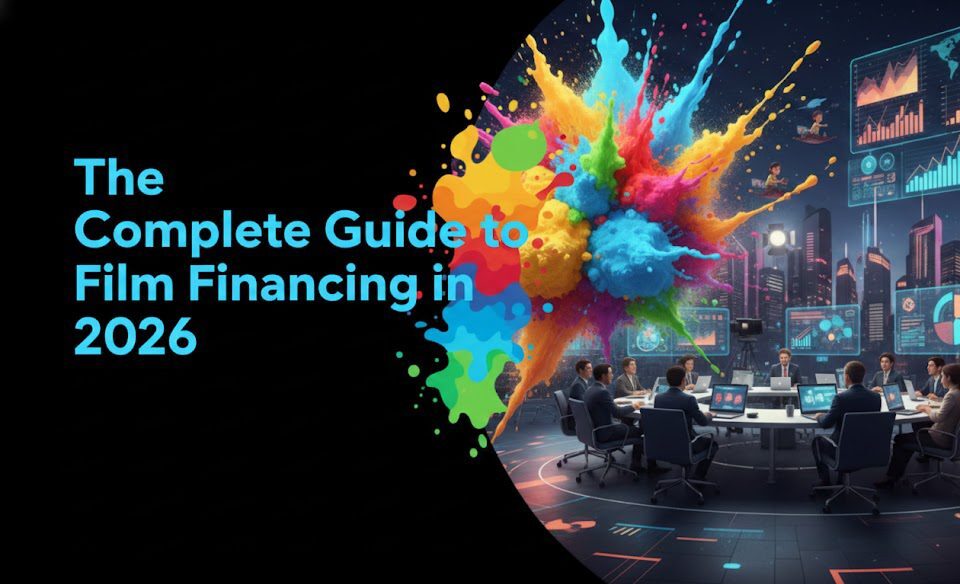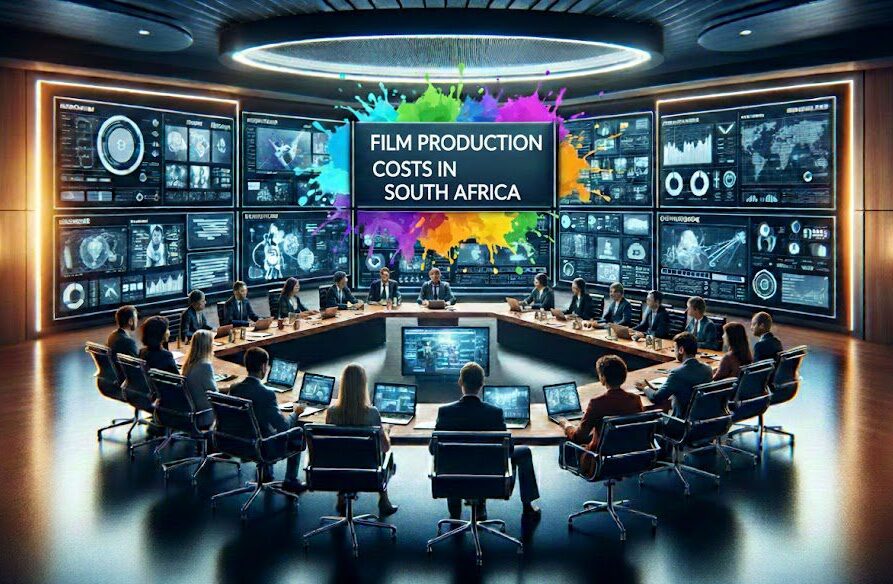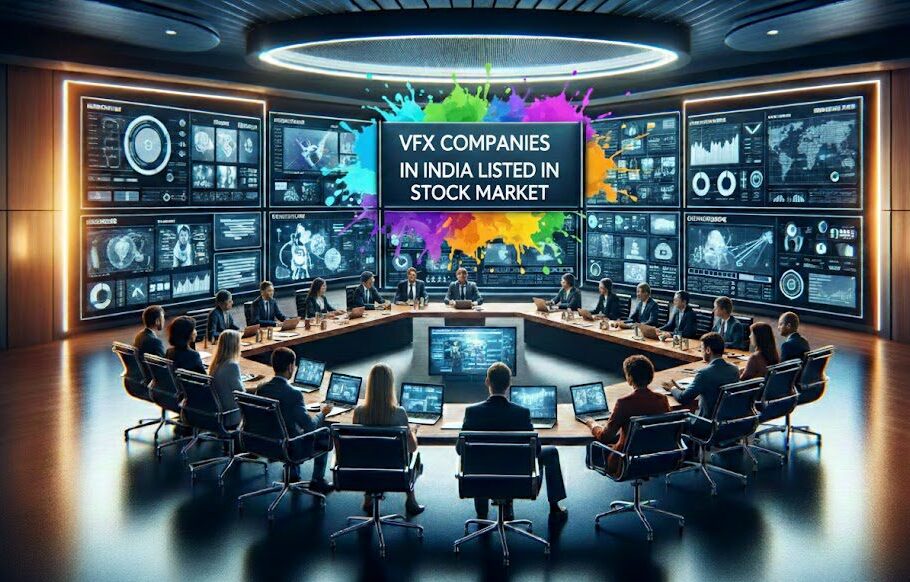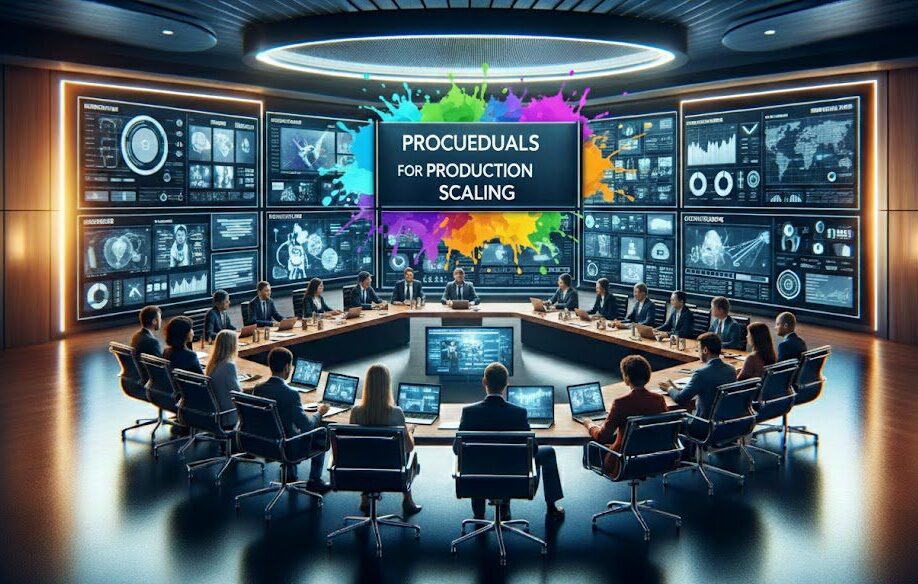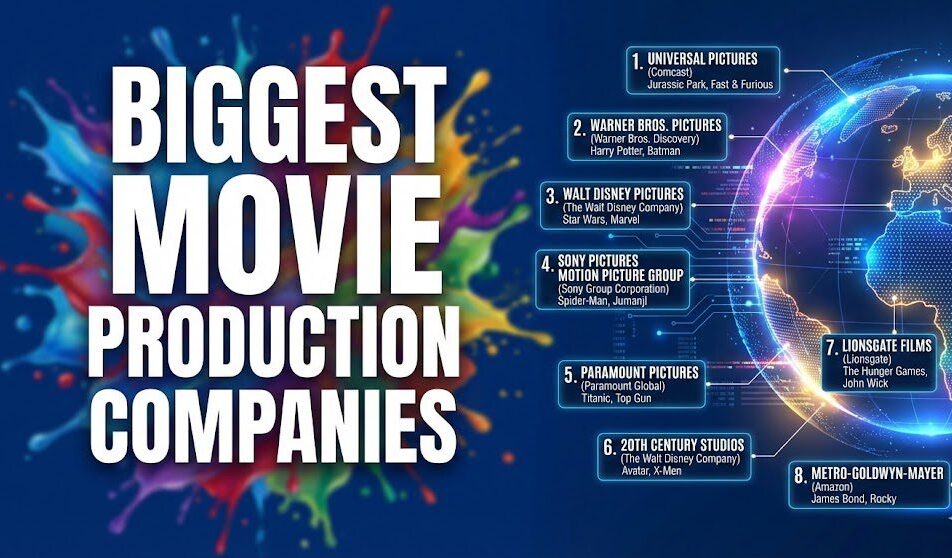Post-production services for film encompass the essential technical and creative processes that occur after principal photography, ranging from editing and VFX to color grading and localization.
This involves orchestrating complex workflows between specialized vendors, ensuring technical standards are met across global delivery platforms.
Industry data reveals that the global post-production market is projected to grow significantly as streaming platforms demand localized, high-quality episodic content across 100 plus territories.
In this guide, you will learn how to leverage supply chain intelligence to identify elite partners, compress production timelines, and maximize your project’s technical ROI.
While most resources focus on the creative artistry of editing, they frequently overlook the operational friction of qualifying global vendors and managing multi-territory delivery requirements.
This analysis fills those strategic gaps by providing a roadmap for technical leads to transition from manual vendor sourcing to data-powered partner discovery.
Your AI Assistant, Agent, and Analyst for the Business of Entertainment
VIQI AI helps you plan content acquisitions, raise production financing, and find and connect with the right partners worldwide.
- Find active co-producers and financiers for scripted projects
- Find equity and gap financing companies in North America
- Find top film financiers in Europe
- Find production houses that can co-produce or finance unscripted series
- I am looking for production partners for a YA drama set in Brazil
- I am looking for producers with proven track record in mid-budget features
- I am looking for Turkish distributors with successful international sales
- I am looking for OTT platforms actively acquiring finished series for the LATAM region
- I am seeking localization companies offer subtitling services in multiple Asian languages
- I am seeking partners in animation production for children's content
- I am seeking USA based post-production companies with sound facilities
- I am seeking VFX partners to composite background images and AI generated content
- Show me recent drama projects available for pre-buy
- Show me Japanese Anime Distributors
- Show me true-crime buyers from Asia
- Show me documentary pre-buyers
- List the top commissioners at the BBC
- List the post-production and VFX decision-makers at Netflix
- List the development leaders at Sony Pictures
- List the scripted programming heads at HBO
- Who is backing animation projects in Europe right now
- Who is Netflix’s top production partners for Sports Docs
- Who is Commissioning factual content in the NORDICS
- Who is acquiring unscripted formats for the North American market
Producers Seeking Financing & Partnerships?
Book Your Free Concierge Outreach Consultation
(To know more about Vitrina Concierge Outreach Solutions click here)
Table of Contents
Key Takeaways for Technical Leads
-
Data-Driven Sourcing: Leads using supply chain platforms discover verified global vendors 5x faster than those relying on manual trade show networking.
-
Pipeline Visibility: Tracking unreleased projects allows service providers to engage productions during active bidding windows, increasing bid success by 40 percent.
-
AI Efficiency Gains: Integrating AI for automated dubbing and scene analysis reduces localization costs by up to 60 percent for global episodic releases.
What is Post-Production in the Modern Supply Chain?
The traditional view of post-production as a final “touch-up” phase is obsolete. In today’s landscape, post-production services for film are a critical component of the global entertainment supply chain, requiring coordination across editing, VFX, sound, and localization. This phase now often begins during pre-production, with technical leads planning for complex delivery specifications required by streaming giants and international broadcasters.
According to Vitrina AI data, the supply chain includes over 140,000 verified companies, many of which specialize exclusively in niche post-production workflows. Navigating this vast network requires moving beyond subjective “friend-of-a-friend” recommendations toward objective, performance-based vendor selection. This transformation ensures that projects remain technically viable and commercially competitive in a borderless market.
Target post-production vendors with specific genre expertise:
How to Find Global Post-Production Vendors?
Finding the right partner for post-production services for film requires more than a simple Google search. Technical leads are increasingly utilizing Global Film and TV Projects Trackers to monitor where high-quality work is being performed. By analyzing which studios are working on major titles, buyers can identify emerging hubs in regions like Latin America and Southeast Asia that offer elite quality at competitive price points.
Vitrina AI’s platform provides deep profiles for over 3 million professionals, allowing studios to qualify partners based on verified deal history and reputation scores. This level of due diligence is essential for cross-border collaborations where operational risk can derail project timelines. Instead of waiting for trade shows, proactive leads use real-time data to engage vendors during their open capacity windows.
Industry Expert Perspective: Inside Dinamita Post: Mexico’s Leading Post-Production Powerhouse
Discover how regional post-production hubs are competing on a global scale by providing elite technical solutions for major studio projects. This conversation highlights the growing importance of local expertise in a globalized supply chain.
Paulo Carballar, Founder and CEO of Dinamita Post, discusses Mexico’s role as a leading post-production destination, providing innovative and efficient solutions for Oscar-nominated and Emmy-winning projects.
Why Use AI-Enhanced Workflows in Post?
The integration of generative AI is transforming post-production services for film from a manual labor-intensive process into an automated, data-driven workflow. Vertical AI tools, such as the VIQI AI Assistant, are now capable of answering complex strategic questions about vendor capabilities and market trends by mapping millions of industry relationships.
For localization, AI-powered dubbing and translation are enabling studios to release content globally with unprecedented speed. This “Authorized Data” approach ensures that intellectual property is protected while significantly reducing the time-to-market. Technical leads who adopt these AI-enhanced tools position their projects to achieve higher margins by eliminating traditional bottlenecks in the finishing process.
Identify AI-powered localization partners for your global slate:
The Path to Budget Transparency and ROI
One of the biggest challenges in post-production services for film is the lack of budget transparency. Legacy sourcing methods often lead to unpredictable costs and project overruns. By utilizing structured supply-chain data, studios can perform objective due diligence on partners, vetting them based on verifiable track records and project specializations.
Strategic intelligence tools allow executives to monitor money movement across markets and genres, providing a benchmark for what post-production services should cost for specific project types. This transparency empowers technical leads to negotiate better deals, ensuring that creative quality is maintained without sacrificing financial sustainability.
“The transition from relationship-based sourcing to data-driven intelligence is the single biggest shift in post-production operations today. Technical leads who master these tools are not just saving money; they are building more resilient, globalized creative engines.”
Moving Forward
The modernization of post-production services for film is no longer optional; it is a strategic requirement for global scale. By adopting supply chain intelligence, technical leads can navigate the fragmented landscape of 600,000 plus companies with precision, replacing manual research with verifiable data.
Whether you are a studio executive looking to optimize vendor ROI, or a technical lead trying to compress localization timelines, data-driven discovery is your most potent tool. Understanding the interconnectivity of the supply chain transforms post-production from a bottleneck into a competitive advantage.
Outlook: Over the next 12 to 18 months, the authorized use of AI in post-production will become the industry standard, further driving the need for structured, verifiable vendor intelligence.
Frequently Asked Questions
Quick answers to common queries about post-production services.
What are post-production services for film?
How much do post-production services cost?
How do I find a global VFX studio?
Is AI used in post-production?
What is a project tracker?
How can I verify a vendor’s reputation?
Why is localization important in post?
What is the role of a Technical Lead in post?
About the Author
Written by the Vitrina Editorial Team, specialists in entertainment supply chain intelligence and market transformation. With decades of combined experience in studio operations and media technology, we help industry professionals navigate the global media landscape. Connect on Vitrina.


























